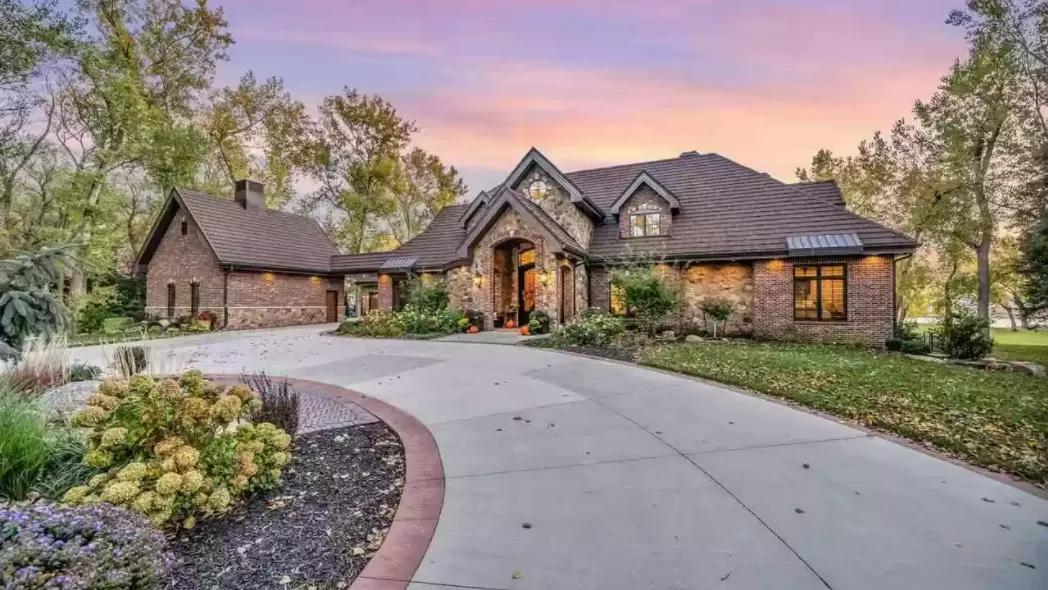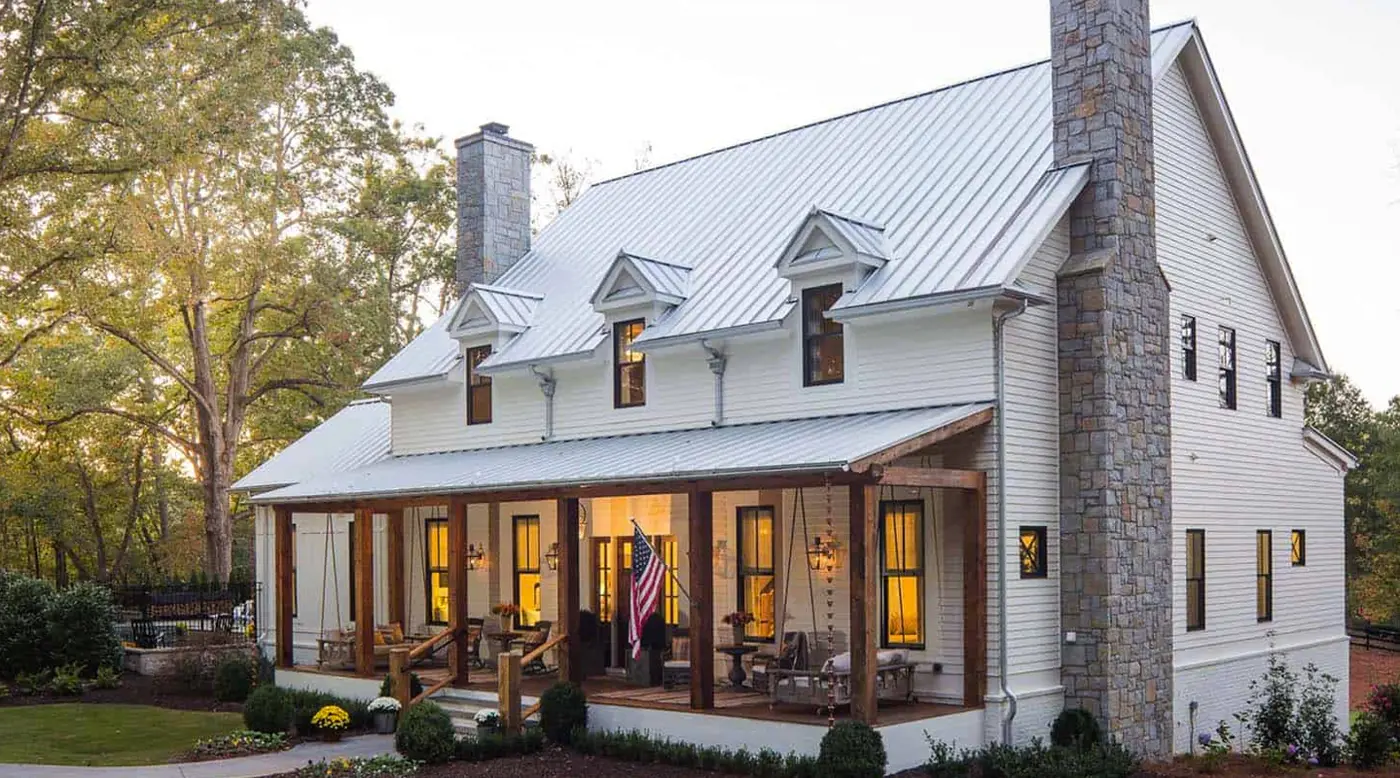When Mike and Sarah decided to sell their home, they were facing a difficult situation. Mike had lost his job due to the company’s downsizing, and their savings were quickly depleting. The mortgage payments on their three-bedroom suburban home were becoming more challenging to meet each month. As they sat at their kitchen table, discussing their options, Sarah mentioned the possibility of selling the house for cash. “We could sell it quickly and avoid all the hassle,” she said. “But how much will we lose if we sell for cash?” Mike wondered aloud, hesitant about leaving money on the table. With bills mounting, the couple found themselves asking the same question that many homeowners face: Is selling a house for cash worth the financial hit?
For homeowners like Mike and Sarah, how much do you lose when you sell your house for cash offers a fast and hassle-free option, but it often comes with a trade-off: a lower sale price compared to selling on the traditional market. The appeal of a cash sale lies in its convenience and speed, but it’s essential to understand how much you might lose in the process. In this article, we’ll break down the mechanics of selling a house for cash, discuss how much money you can expect to lose, and look at the pros and cons of this option. We’ll also provide relevant statistics and insights to help you decide if selling your house for cash is the right choice for you.
What Does It Mean to Sell a House for Cash?
Selling a house for cash means that the buyer has the financial resources to purchase your home outright without needing a mortgage or other forms of financing. Typically, cash buyers are real estate investors, companies, or individuals who specialize in purchasing properties quickly, often in as-is condition.
Cash sales are particularly attractive to sellers who need to offload a property quickly due to financial distress, divorce, job relocation, or disrepair. The trade-off for this convenience is that cash buyers typically offer less than the market value of the home as they aim to flip the property for a profit or rent it out.
According to the National Association of Realtors (NAR), cash sales accounted for about 24% of all home sales in 2022, up from 16% in 2020. The rise in cash sales has been driven by the increased activity of investors looking for opportunities in a competitive housing market. (Source: NAR 2022 Home Sales Report)
How Much Do You Lose When You Sell for Cash?
The amount you lose by selling your house for cash depends on several factors, including the condition of your home, the local real estate market, and the buyer’s intentions. On average, homeowners can expect to lose between 10% and 20% of their home’s market value when selling to a cash buyer.
2.1. Understanding the Discount
Cash buyers typically purchase homes at a discount because they are assuming the risk of repairs, renovations, or market fluctuations. For example, a company that buys houses for cash might offer 70% to 80% of the home’s current market value, factoring in repair costs and potential profits from flipping the property.
According to ATTOM Data Solutions, homes sold to cash buyers or investors sell for about 17% less than homes sold on the open market. For a home worth $300,000, this could mean selling for as little as $249,000—resulting in a $51,000 loss compared to what you might receive from a traditional buyer. (Source: ATTOM U.S. Home Sales Report, 2022)
2.2. Condition of the Property
The condition of your home plays a significant role in determining how much you lose in a cash sale. If your home needs substantial repairs—such as a new roof, plumbing upgrades, or foundation work—cash buyers will adjust their offers to cover these costs. In some cases, they may offer as little as 50% to 60% of the market value if the property requires extensive renovation.
For homes in relatively good condition, the discount might be smaller, with cash offers ranging from 85% to 90% of the market value. However, even in a best-case scenario, cash buyers generally expect a discount to account for the speed and simplicity of the transaction.
Who Typically Buys Homes for Cash?
Cash buyers fall into several categories, each with different motivations and criteria for making offers. Understanding who these buyers are can help you decide whether selling for cash is the right decision for you.
3.1. Real Estate Investors
Real estate investors make up a large portion of the cash buyer market. These individuals or companies purchase homes, often at a discount, with the intention of renovating and reselling them for a profit (also known as flipping) or renting them out. According to CoreLogic, investor purchases accounted for 27% of all home sales in 2022, with most investors seeking properties that they can buy quickly and for below-market prices. (Source: CoreLogic Investor Report, 2022)
3.2. iBuyers
Another group of cash buyers is made up of companies known as iBuyers, such as Opendoor and Offerpad. These tech-driven companies use algorithms to make near-instant cash offers on homes. iBuyers typically focus on homes in good condition, offering convenience and speed in exchange for a lower sale price. While they generally provide more than traditional investors (often around 90% of market value), iBuyers still build in a discount to cover their service fees and the cost of reselling the home.
In 2022, iBuyers represented about 1% of all U.S. home sales, but their presence in certain metro areas—such as Phoenix and Atlanta—was significantly higher. According to a report from Zillow, iBuyers tend to pay roughly 93% of a home’s market value on average. (Source: Zillow iBuyer Market Report, 2022)
3.3. Individual Buyers
While less common, some individual buyers—especially retirees, wealthy individuals, or those downsizing—may purchase homes for cash to avoid dealing with mortgage approvals. These buyers may offer closer to market value, but they still expect the simplicity of a fast transaction with few contingencies.
The Pros and Cons of Selling for Cash
While how much do you lose when you sell your house for cash can result in a lower sale price, it comes with several advantages that may make the trade-off worthwhile, depending on your situation.
4.1. Pros
- Speed: Cash sales are significantly faster than traditional sales. Without the need for mortgage approval, the sale can close in as little as one to two weeks, compared to 30 to 45 days for a financed sale.
- Certainty: Cash offers are less likely to fall through because there is no risk of the buyer’s financing being denied. This provides peace of mind, especially in uncertain or competitive markets.
- No Repairs: Selling as-is means you don’t need to worry about repairs, inspections, or home staging. This is particularly beneficial if your home needs significant work that would otherwise require substantial time and money.
4.2. Cons
- Lower Sale Price: The most obvious drawback is the reduced sale price. On average, you can expect to receive 10% to 20% less than you would from a traditional buyer.
- No Market Exposure: Selling directly to a cash buyer eliminates the potential for multiple offers or bidding wars, which could drive up the sale price in a competitive market.
- Risk of Scams: The cash-buying industry is not without its share of unscrupulous operators. To avoid falling victim to scams, it’s essential to research the buyer thoroughly and consult a real estate professional.
When Is Selling for Cash the Right Choice?
Selling your house for cash isn’t the best option for every homeowner, but it can be the right choice in certain circumstances.
5.1. Financial Distress
If you’re facing foreclosure, behind on mortgage payments, or need to sell quickly due to job loss or medical bills, selling for cash offers a way to get quick access to funds. While you may lose some of the home’s value, the speed and certainty of a cash sale can provide a much-needed financial lifeline.
5.2. Inherited or Distressed Properties
For those who inherit homes that are in disrepair or far from where they live, the thought of managing renovations or repairs can be daunting. In these cases, selling to a cash buyer provides a fast and simple solution, allowing you to avoid the hassle and expense of getting the home ready for a traditional sale.
5.3. Time-Sensitive Moves
If you need to relocate for a job or personal reasons and can’t wait for the traditional home-selling process, a cash sale can allow you to move quickly. This is especially beneficial if the home is located in a slower or less desirable market where properties tend to sit for long periods.
Conclusion:
For Mike and Sarah, selling their house for cash offered a solution to their financial problems and allowed them to move forward quickly without the stress of repairs or long negotiations. While they knew they’d likely receive less than the home’s full market value, the speed and certainty of the sale made it the best choice for their situation.
Selling your home for cash can result in a financial loss of 10% to 20% compared to a traditional sale, but for homeowners in need of a quick, hassle-free transaction, the benefits may outweigh the loss. By understanding how much you stand to lose, evaluating the types of cash buyers, and weighing the pros and cons, you can make an informed decision about whether selling for cash is right for you.












 Afrikaans
Afrikaans Shqip
Shqip አማርኛ
አማርኛ العربية
العربية Հայերեն
Հայերեն Azərbaycan dili
Azərbaycan dili Euskara
Euskara Беларуская мова
Беларуская мова বাংলা
বাংলা Bosanski
Bosanski Български
Български Català
Català Cebuano
Cebuano Chichewa
Chichewa 简体中文
简体中文 繁體中文
繁體中文 Corsu
Corsu Hrvatski
Hrvatski Čeština
Čeština Dansk
Dansk Nederlands
Nederlands English
English Esperanto
Esperanto Eesti
Eesti Filipino
Filipino Suomi
Suomi Français
Français Frysk
Frysk Galego
Galego ქართული
ქართული Deutsch
Deutsch Ελληνικά
Ελληνικά ગુજરાતી
ગુજરાતી Kreyol ayisyen
Kreyol ayisyen Harshen Hausa
Harshen Hausa Ōlelo Hawaiʻi
Ōlelo Hawaiʻi עִבְרִית
עִבְרִית हिन्दी
हिन्दी Hmong
Hmong Magyar
Magyar Íslenska
Íslenska Igbo
Igbo Bahasa Indonesia
Bahasa Indonesia Gaeilge
Gaeilge Italiano
Italiano 日本語
日本語 Basa Jawa
Basa Jawa ಕನ್ನಡ
ಕನ್ನಡ Қазақ тілі
Қазақ тілі ភាសាខ្មែរ
ភាសាខ្មែរ 한국어
한국어 كوردی
كوردی Кыргызча
Кыргызча ພາສາລາວ
ພາສາລາວ Latin
Latin Latviešu valoda
Latviešu valoda Lietuvių kalba
Lietuvių kalba Lëtzebuergesch
Lëtzebuergesch Македонски јазик
Македонски јазик Malagasy
Malagasy Bahasa Melayu
Bahasa Melayu മലയാളം
മലയാളം Maltese
Maltese Te Reo Māori
Te Reo Māori मराठी
मराठी Монгол
Монгол ဗမာစာ
ဗမာစာ नेपाली
नेपाली Norsk bokmål
Norsk bokmål پښتو
پښتو فارسی
فارسی Polski
Polski Português
Português ਪੰਜਾਬੀ
ਪੰਜਾਬੀ Română
Română Русский
Русский Samoan
Samoan Gàidhlig
Gàidhlig Српски језик
Српски језик Sesotho
Sesotho Shona
Shona سنڌي
سنڌي සිංහල
සිංහල Slovenčina
Slovenčina Slovenščina
Slovenščina Afsoomaali
Afsoomaali Español
Español Basa Sunda
Basa Sunda Kiswahili
Kiswahili Svenska
Svenska Тоҷикӣ
Тоҷикӣ தமிழ்
தமிழ் తెలుగు
తెలుగు ไทย
ไทย Türkçe
Türkçe Українська
Українська اردو
اردو O‘zbekcha
O‘zbekcha Tiếng Việt
Tiếng Việt Cymraeg
Cymraeg isiXhosa
isiXhosa יידיש
יידיש Yorùbá
Yorùbá Zulu
Zulu